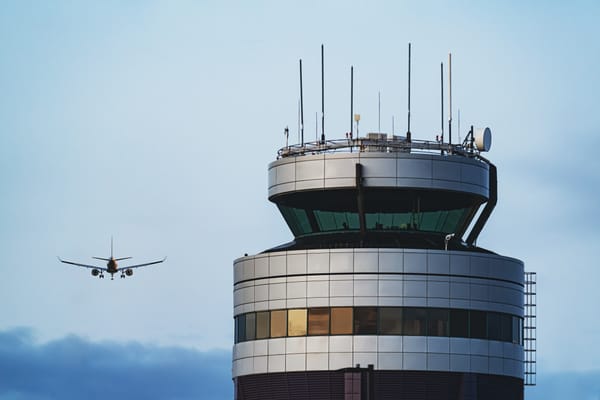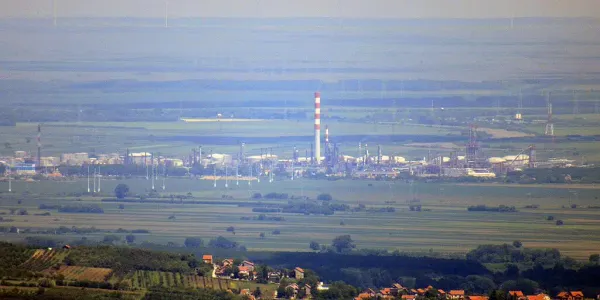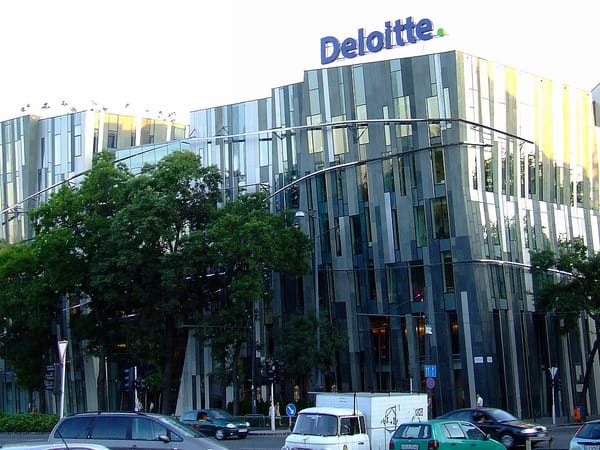
Silent tribute in Novi Sad marks anniversary of tragic roof collapse
Sixteen minutes of silence on Novi Sad's crowded railway station platform marked the start of a memorial for the victims of the 2024 roof collapse, which killed 16 and left one girl seriously injured. Throughout the day, wreaths were laid and candles lit in their honor, BBC reporters said.
"I feel very sad seeing all these people, and that the grief hasn't healed," said 22-year-old Sergej Pokuševski. "But I am proud of the city and its young people." The tragedy, for which no one has been convicted, continues to resonate. Thousands gathered, with hundreds of students walking to pay tribute.
National Day of Mourning
November 1, 2025, was declared a national day of mourning by the Serbian government. On the eve of the anniversary, President Aleksandar Vučić sent condolences and apologized for past remarks about students and demonstrators.
The commemoration ended with a gathering at the Danube embankment, where 16 minutes of silence were observed. Sixteen lanterns were released into the sky, and a banner reading "We will see each other tomorrow and every other day until justice is done" was displayed at the Petrovaradin Fortress.
In the evening, despite the day of mourning, thousands walked in silence to the railway station. In front of the building, 16 students laid wreaths in tribute, and a girl wearing a hijab, visibly shaken, was among those grieving.
An estimated 39,000 people attended the memorial, with wreath-laying continuing throughout the day. Ana Bogdanović, 59, lit 16 candles in front of the station, one for each victim, saying, "It’s sad... I didn’t know any of them, but it’s really terrible." She added, “We’ve become more compassionate... I hope those responsible will be held accountable.”
Political Aftershocks
The Novi Sad fatal accident triggered significant political effects in Serbia. The tragedy sparked mass protests and civil unrest fueled by public outrage over perceived government corruption, poor governance, and lack of accountability, unrest that has continued to grip the country for over a year now. Despite official statements, many citizens suspected attempts to cover up the truth and protect implicated individuals. This distrust led to protests and demands for transparency and justice, including calls for the resignation of Novi Sad mayor Milan Đurić and Prime Minister Miloš Vučević, both of whom eventually announced their resignations.
Demonstrations evolved into a broader movement against government corruption, with slogans like "your hands are bloody" and "corruption kills". Blockades of courts and prosecutor offices demanded judicial action, and protests continued regularly, expressing distrust in government narratives and pushing for full accountability.
During the protests police detained hundreds of demonstrators over the course of several months, sometimes using significant physical force which resulted in bodily injuries and widespread allegations of police brutality. The heavy police crackdown, including beatings and mass arrests, sparked further outrage and intensified the protests. Human rights organizations and opposition groups accused the police and government of suppressing dissent violently and criminalizing protestors.





